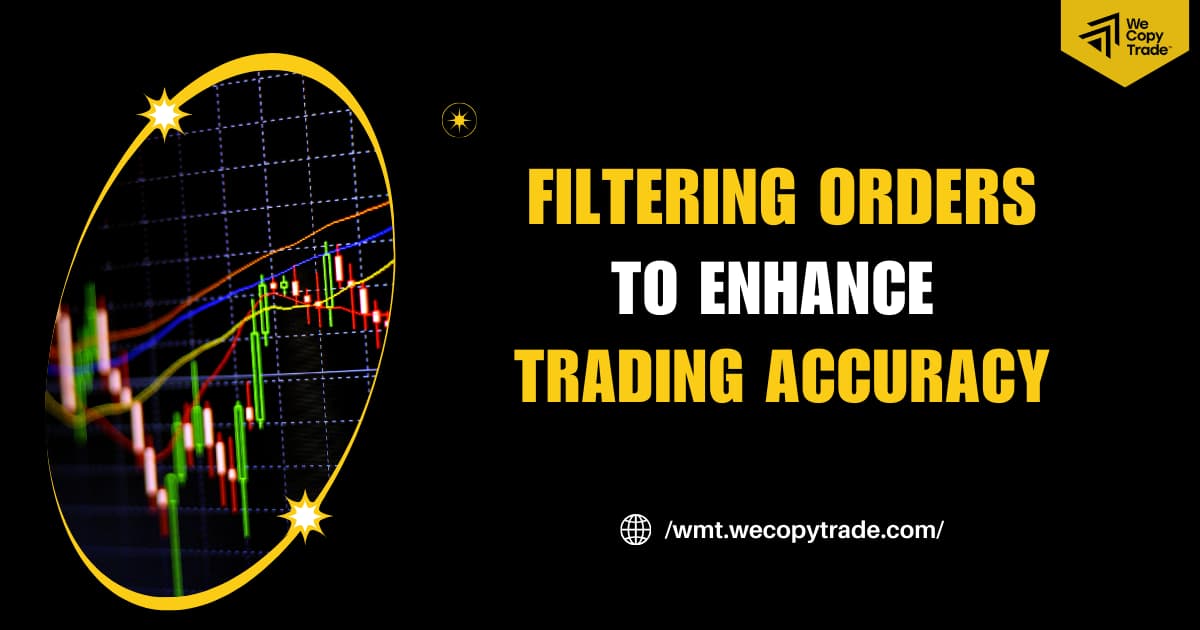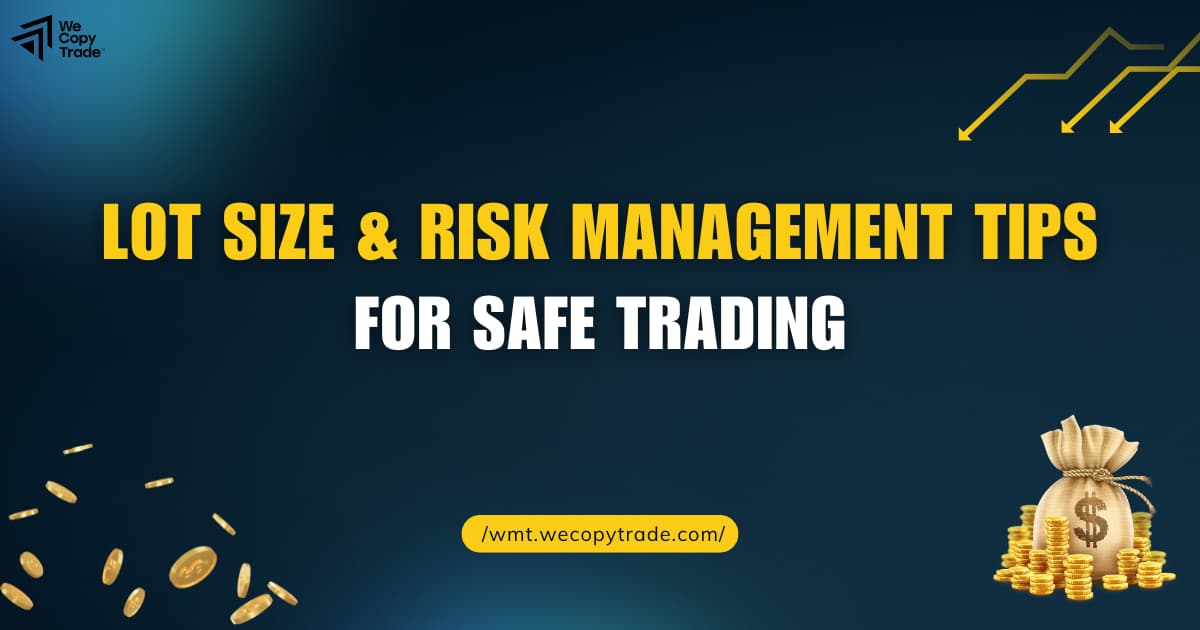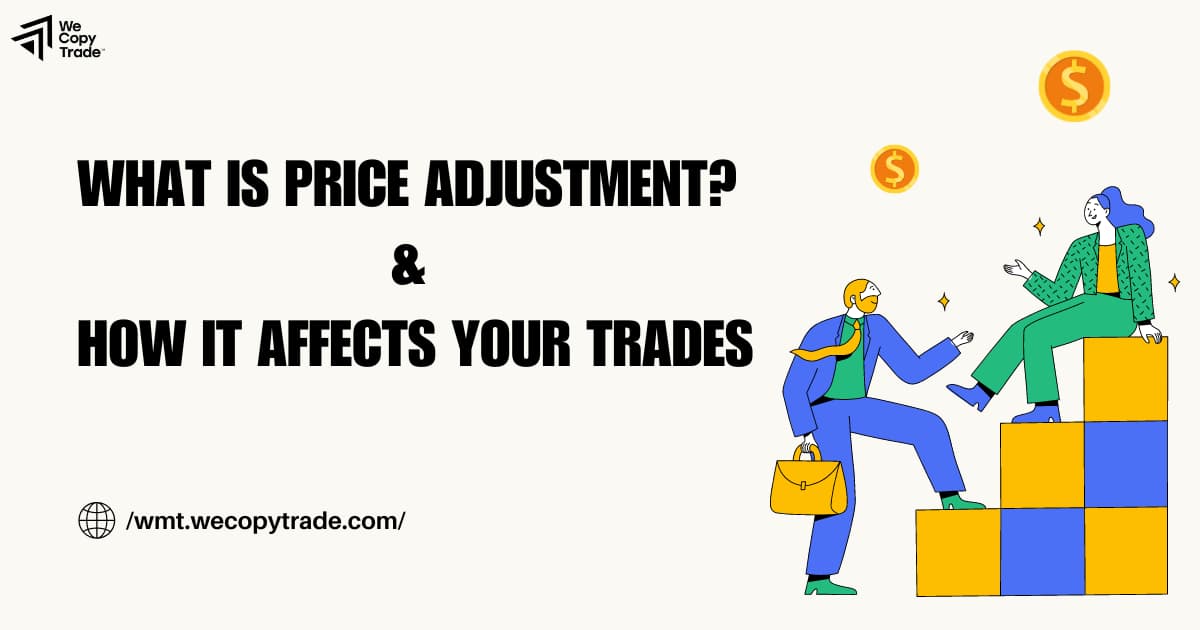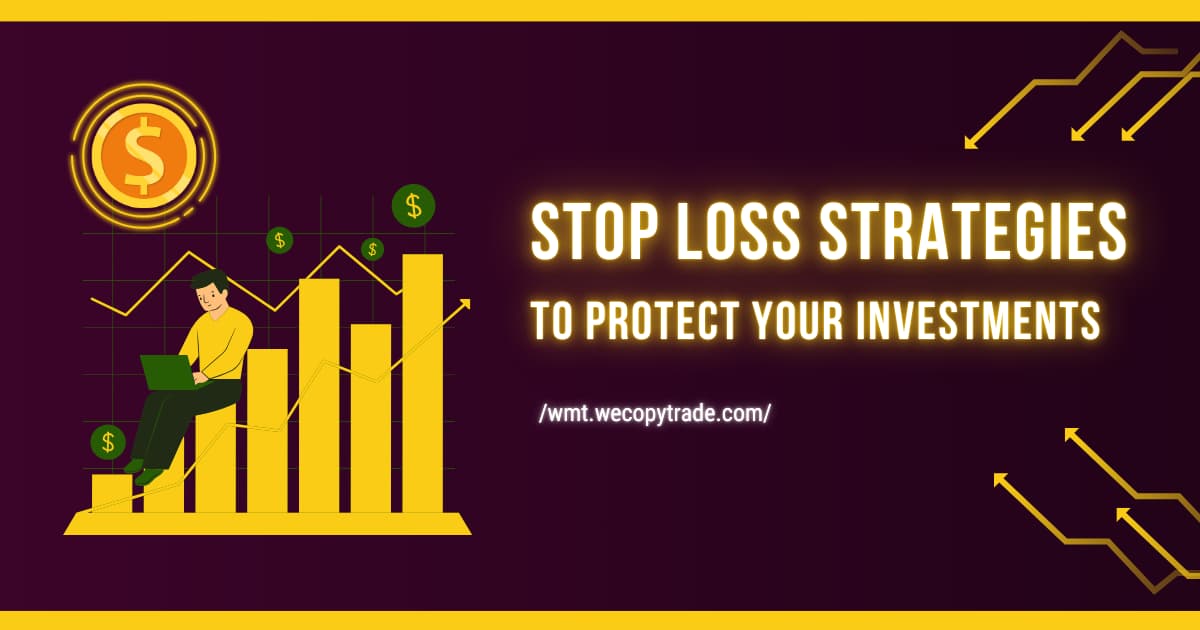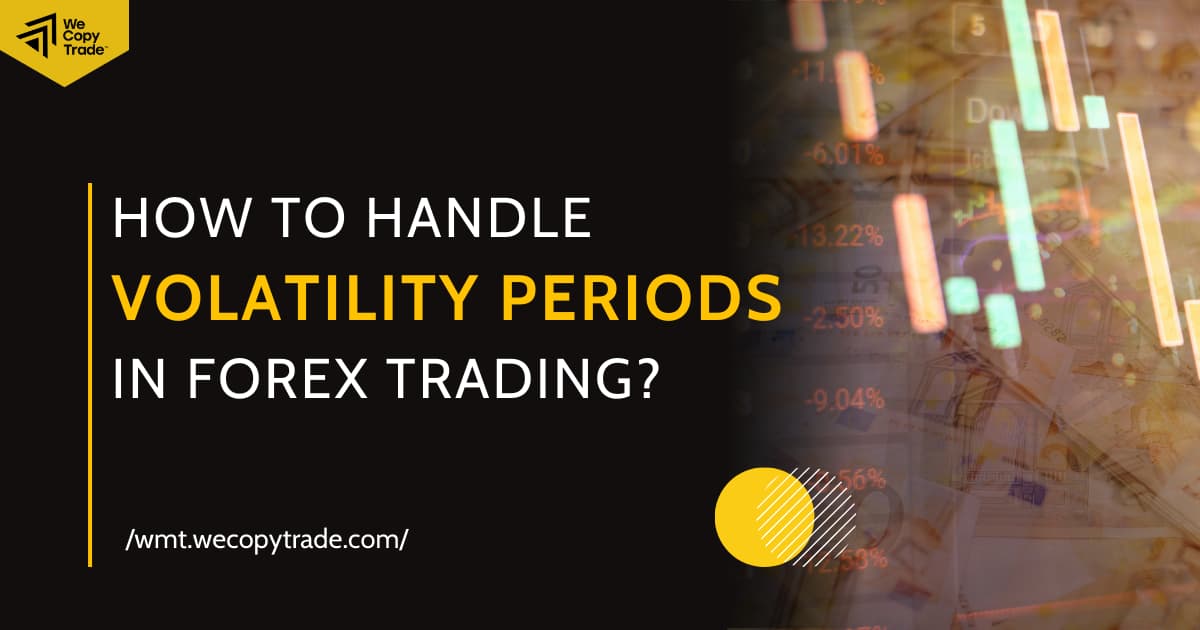
Forex trading allows investors to profit from shifts in exchange rates between currencies worldwide. While it can be lucrative, currency movements may become unpredictable during periods of high volatility in financial markets. That is why traders must prepare special strategies to deal with these swings. This guide will explore key aspects of Forex market volatility and methods for navigating volatility periods in forex trading.
Understanding Forex Market Volatility
Volatility refers to large swings in currency exchange rates that increase risk and uncertainty. The Forex market can experience periods where typical changes in a currency pair’s value are greatly exceeded.
Causes of volatility in the Forex market
Several common events that tend to cause higher volatility include:
- Economic reports and central bank actions: Major announcements from countries on inflation, interest rates or GDP can strongly impact demand for their currency.
- Geopolitical tensions: Events like wars, elections, or natural disasters that stir political instability fuel more volatile trade.
- Market sentiment shifts: If widespread investor risk appetite falls due to concerns over corporate profits, volatility may also follow across currencies.
- Technical levels being breached: Whenever established support or resistance zones for a pair are broken through, its movements become larger on both sides in the ensuing period. Understanding potential volatility triggers helps traders plan strategies accordingly.

Measuring Volatility in Forex Trading
To effectively navigate periods of high currency fluctuations, it is critical for traders to carefully track signs of changing volatility levels. There are a few common indicators that provide readings of Forex volatility:
- Average True Range (ATR): This tells you the typical price swings seen over recent trading, with higher ATR values indicating increased volatility.
- Bollinger Bands: Wider bands indicate that volatility is increasing for the currency pair in question.
- Volatility Index (VIX): While focused on equities, VIX provides context for overall market sentiment, which impacts Forex volatility.
Watching these technical indicators can help you identify when a currency pair may enter a more turbulent phase and prepare appropriate trading approaches to deal with the risks.
How to Handle Volatility in Forex Trading
Here are some crucial things traders can do to help handle volatility in the Forex market:
Stay Informed
During unpredictable periods, it is crucial to closely follow relevant news that may affect currency values. Traders should keep up with important reports on inflation, interest rates, and other economic indicators. In addition, staying current on political situations, central bank announcements, and what analysts foresee can give traders insight into market movements.
The more informed you stay, the better prepared you may feel to spot volatility triggers and find good trading opportunities.

Understand market sentiments
By improving your grasp of market sentiment, you will be better equipped to deal with unpredictable swings in forex. To get knowledge of market sentiments, traders should:
- Stay updated with Forex market news and economic reports. Key events like interest rate decisions and GDP numbers can spike volatility.
- Learn how different releases typically impact currency pairs. If a report is coming, have a plan for how you will manage your positions.
- Study charts during past periods of volatility to see how currencies reacted. Understanding typical behavior can help you predict swings.
- Follow top analysts and traders online. Their commentary provides context on current market sentiments and what may influence currencies going forward.
- Talk to more experienced traders. Ask how they interpret the sentiment and position themselves depending on what the overall mood is telling them.
Diversify Your Portfolio
It is smart to trade different currency pairs rather than focusing on just one or two. If you spread out which money types you follow, it helps balance your risks. Even if one currency suddenly rises or falls a lot, your overall profits will not ride entirely on that single market.
Look at trading Euro-Dollar, Pound-Dollar, Dollar-Yen, and more. Diversification means that no matter what happens, your portfolio is not completely dependent on any one or two volatile currencies.
Learn to Control Risk and Focus on Small Trades
Focusing on risk management and trading size will help keep your capital protected during unpredictable markets.
To control risk, you need to understand how much you could potentially win or lose on each trade. When volatility increases, use smaller trade amounts and lower leverage to reduce exposure. Carefully evaluate potential risk rather than chasing large gains.
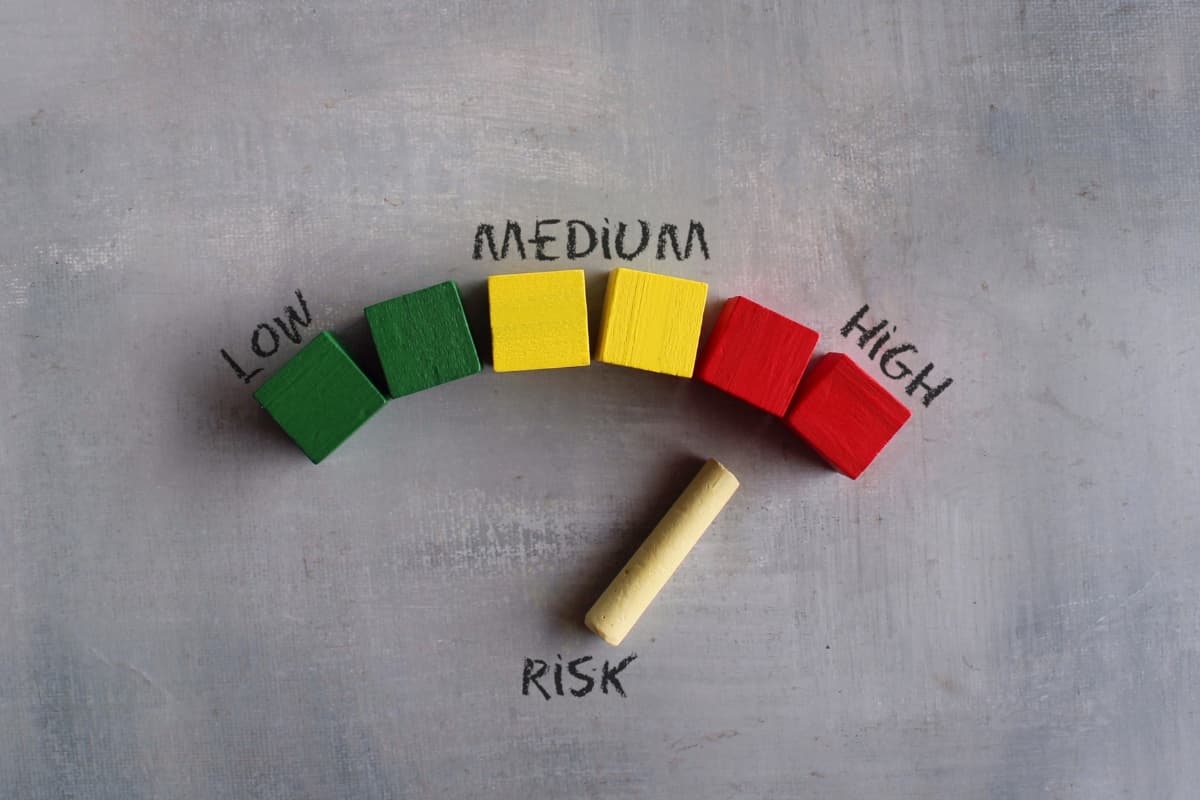
It is advised to start with a smaller trade size when Forex volatility arises. Test out your strategies on mini lots before placing more money per transaction. Smaller trades allow you to learn how various currency pairs act in unstable conditions without risking a large sum. If a technique succeeds, you can then scale it up cautiously.
Adhere to your Plan
It is vital to have a clear plan before volatile markets start moving around. This should include where to enter, exit, and use stop-loss orders. You should always follow your plan because emotions like fear or greed may lead to significant losses. By sticking to the tactics you decided on earlier, your emotions will not mess up your decisions.
In addition, you should continually evaluate your plan to ensure it is tailored for periods of high and low volatility in the currencies you trade.
Track the Forex Market Closely
When currencies start moving up and down more than usual, it is important to watch them carefully. Take a close look at how each one has been behaving over different time periods, from short-term to long-term. The more you observe how a market has acted during unstable times, the better prepared you will be to spot patterns and opportunities when volatility happens.
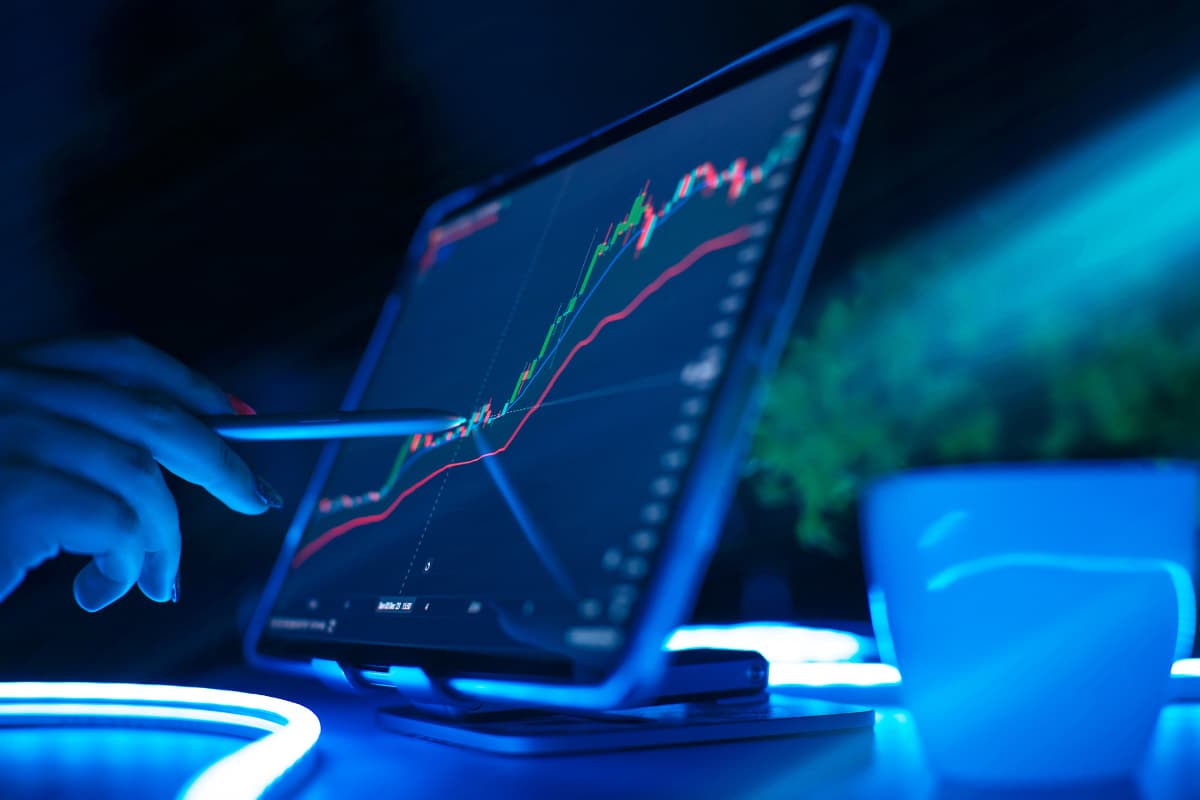
Learn from Volatile Periods
When periods of ups and downs pass, you should take time to look back at how you traded. Check which of your moves ended as wins or losses. Determine which aspect should be repeated and which needs adjusting. Did you stick to your plan or get sidetracked by reactions? Learning from what happened will strengthen your strategies for the future.
Strategies for Managing Volatility in Forex Trading
There are several approaches traders can use to manage periods of high currency pair volatility:
- Volatility-based position sizing: This approach allows cutting position sizes when volatility rises to minimize potential risk.
- Hedging: This method utilizes offsetting trades to protect against adverse price movements from a long position.
- Scalping: This strategy involves making frequent small trades to benefit from volatile markets with consistent price swings.
- Range trading: This technique identifies key support and resistance levels to buy low and sell high within predictable boundaries.
- Breakout trading: With this method, traders capitalize on volatility preceding significant chart pattern breakouts from price ranges.
- Volatility contraction patterns aim to spot low volatility periods before major price actions for anticipation purposes.
Conclusion
In conclusion, handling volatility periods is an essential aspect of Forex trading. By developing a clear trading plan, diversifying your portfolio, controlling risk, tracking markets closely, and learning from experience, you can prepare yourself better to deal with volatility when it arises. Staying disciplined in your strategy and not letting emotions dictate decisions is also crucial. With the right approach, a trader can protect their capital and potentially benefit during both calm and turbulent times in Forex markets. Visit the WeMasterTrade Blog for additional market insights and trading tips. Try out trading Forex and earn big with WeCopyTrade.




